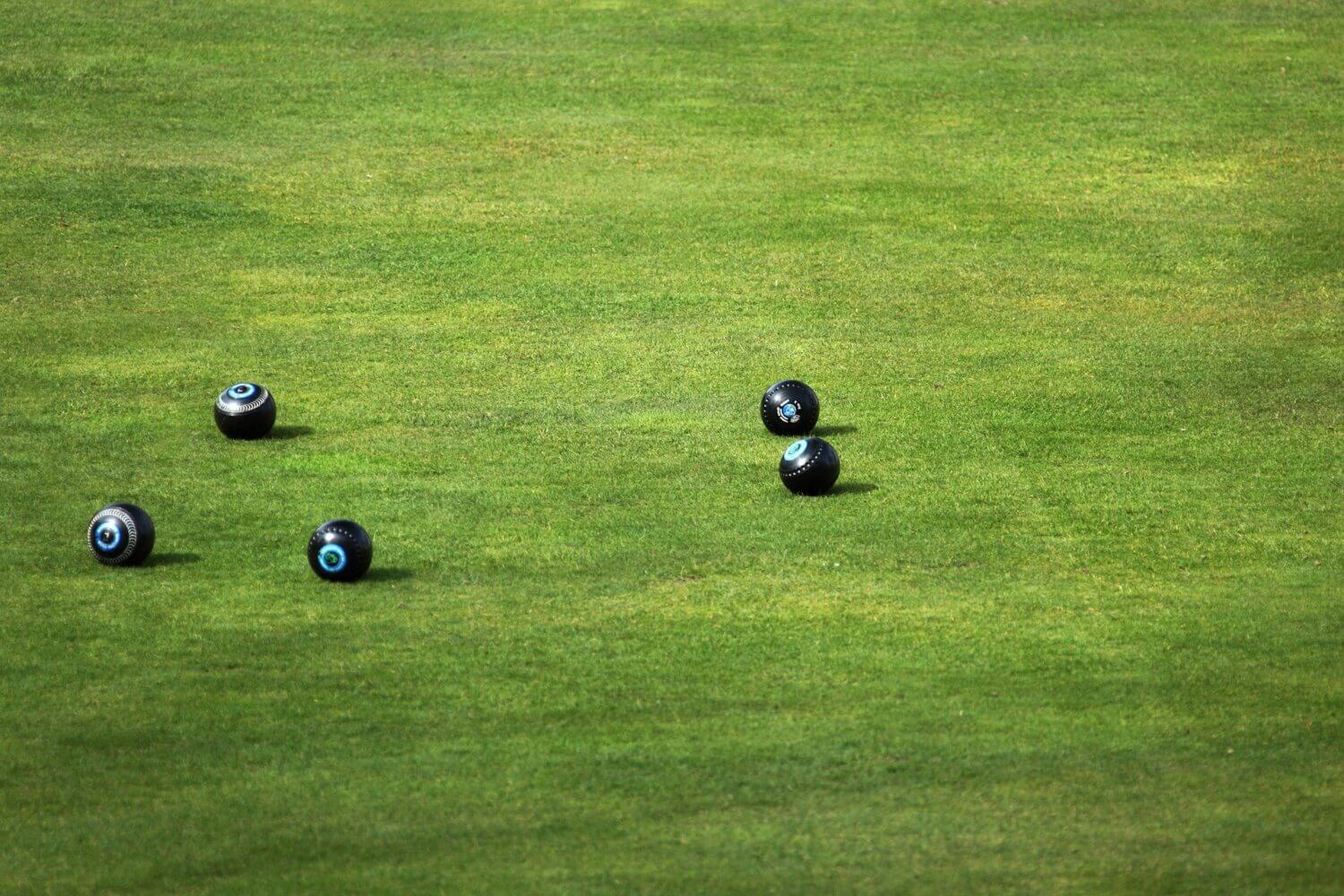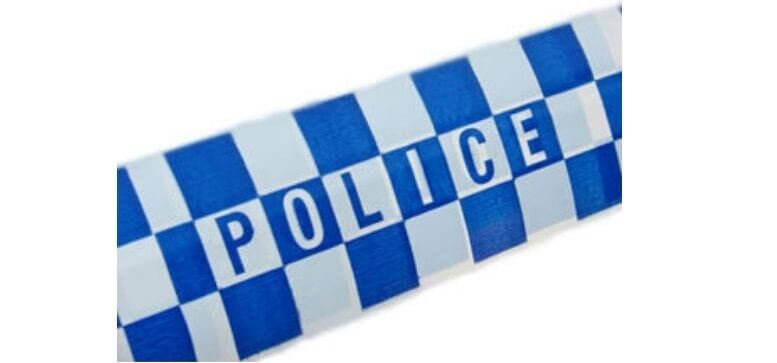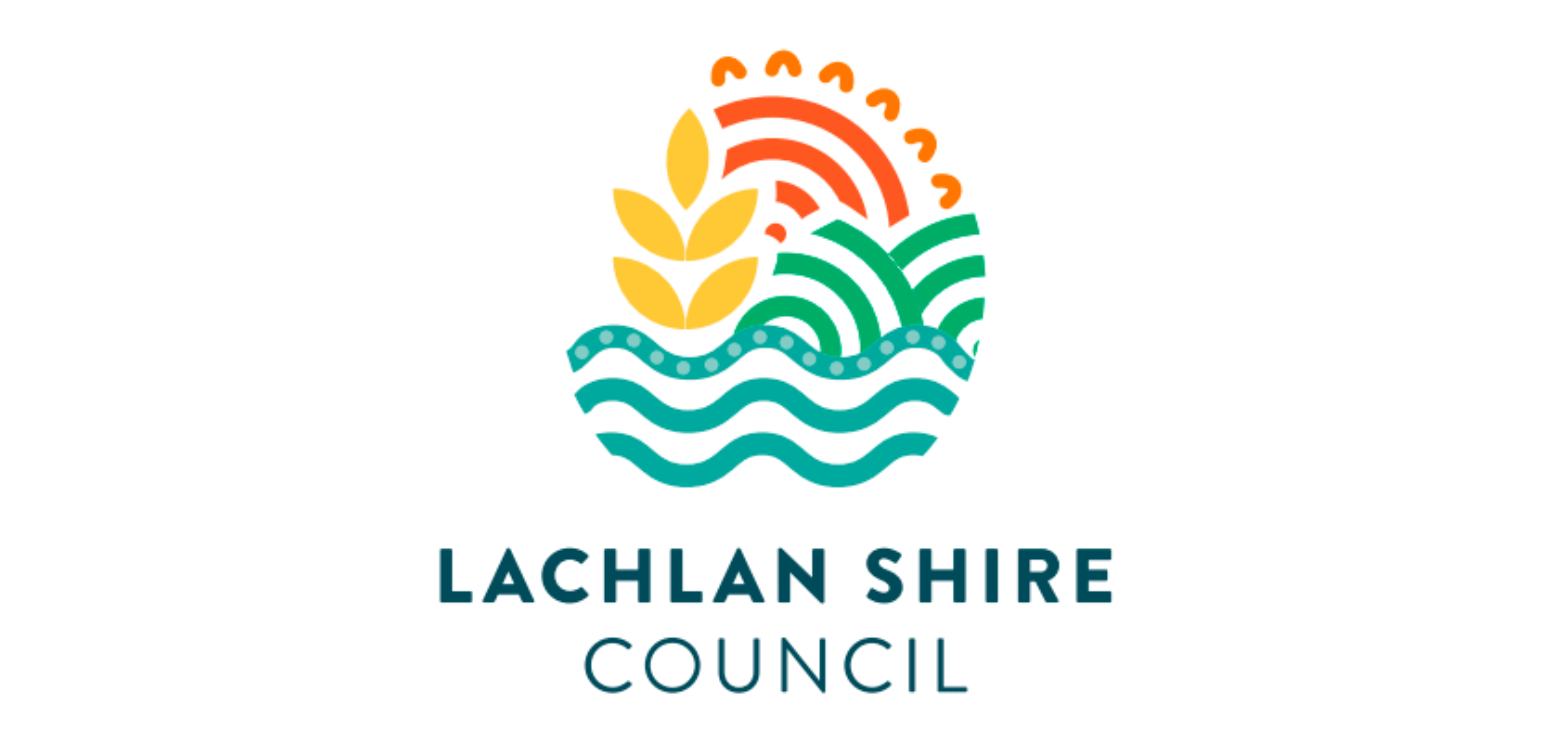MOBILE BLOOD VAN IN CONDOBOLIN
Condobolin residents rolled up their sleeves and gave lifesaving blood donations, when the Mobile Blood Van visited the town on 1 July.
While the pandemic has presented many challenges, it has not stopped the need for blood and plasma. Condobolin donors and those across the nation play a vital role in supplying blood and plasma to those that need it most.
“2020 has presented unprecedented challenges for us all, but our Condobolin donors have displayed bravery, selflessness, compassion, patience, adaptability and a sense of community to ensure all Australians have continued to receive the blood products they need through this pandemic,” Australian Red Cross Lifeblood CEO Shelley Park stated.
“We’ve asked a lot from our donors this year. In March we asked for 14,000 Australians to roll up their sleeves in the lead-up to Easter to help prevent a potential blood shortage, as coronavirus restrictions took hold across the country.
“Despite the fact none of us knew what impact COVID-19 was going to have on Australia or the exact threat it posed, thousands of people braved the uncertainty to leave their homes for the essential service of blood and plasma donation. In fact, we saw our biggest response to a call out ever with collection records broken around the country.
“As a result, we found ourselves in the unusual position of having to reschedule some donations and asking people to be patient as they tried to find available appointments. Thank you to our donors for their patience and understanding.
“Things were changing in our Lifeblood Donor Centres too. Social distancing, ramping up of our already stringent cleaning regimes, and the introduction of added wellness checks meant wait times were sometimes longer. Our donors responded with good grace and humour.
“Coronavirus has not stopped the need for blood and plasma.
“People have continued to be involved in road accidents, needing large volumes of blood for transfusions.
“Cancer patients have still needed support to survive their treatment, and women have continued to experience complications while giving birth. These are just some of the Australians who rely on the 29,000 donations needed every week across the nation.”
By Melissa Blewitt.
Latest News
Year Six Transition to High School
Year Six students only haver two terms of primary schooling [...]
CAHS holds NAIDOC activities
Condobolin Aboriginal Health Service held a raft of NAIDOC Week [...]
Young guns showing skills
Condobolin Sports Club Bowls Not much happening on Sunday mornings [...]
Condo Quality Meats Trophies
Condobolin Sports Club Golf Saturday 20th July, we had a [...]
Council’s achievement celebrated
Lachlan Shire Council has been celebrated at the National Awards [...]
Art Gallery in the Library
Lake Cargelligo Central School library looked more like an art [...]










